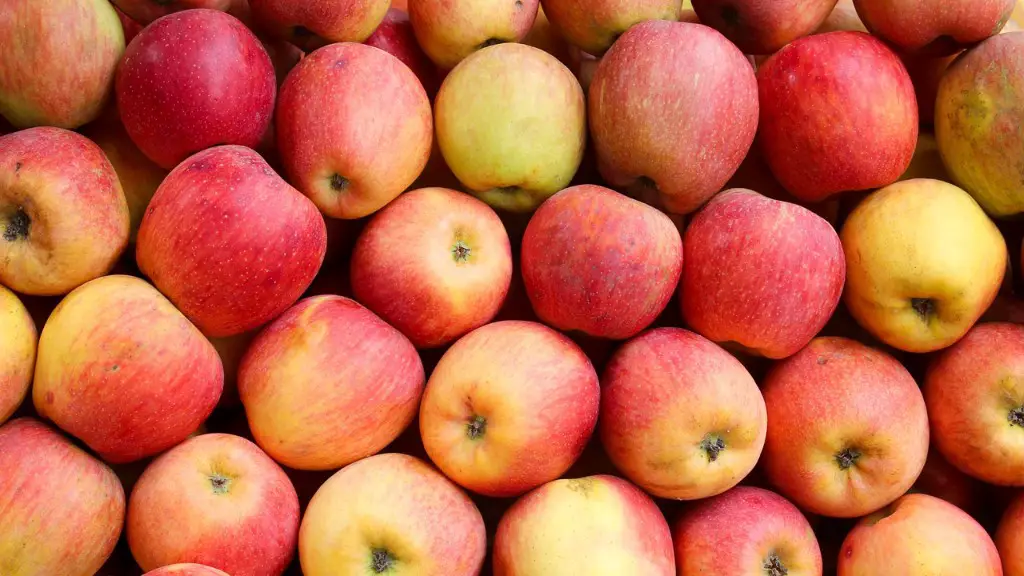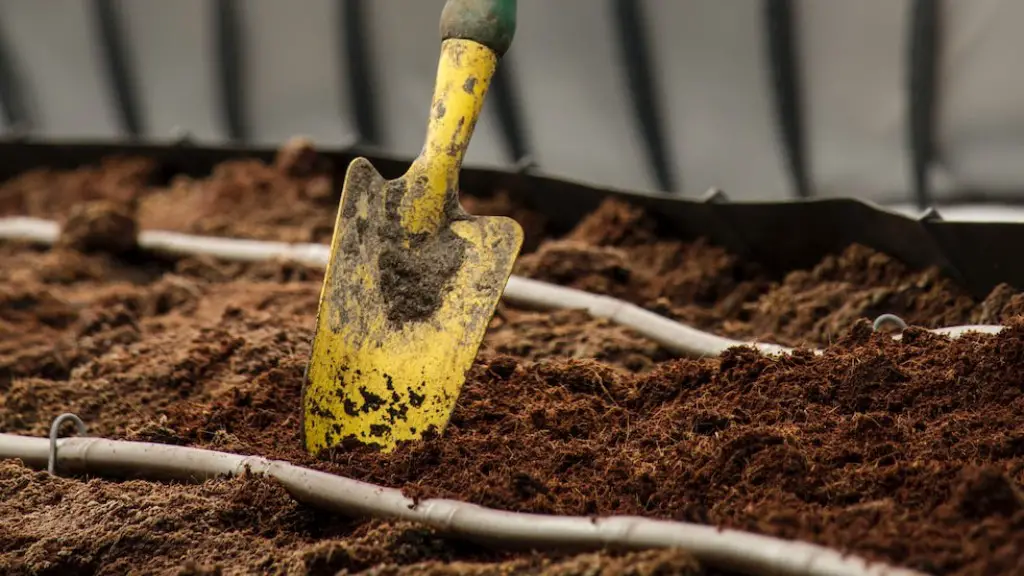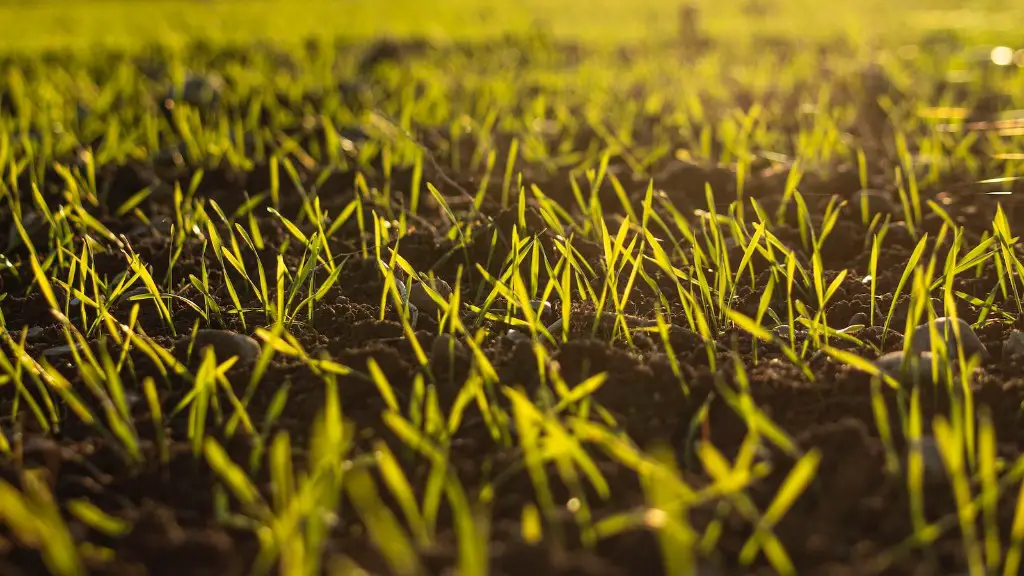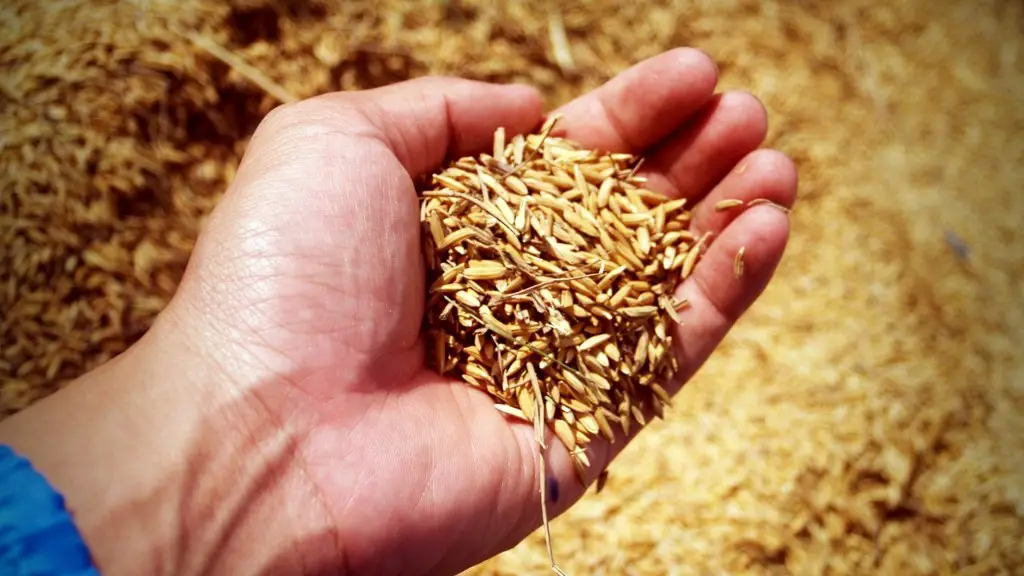Over the past 12,000 years, the development of agriculture has been one of the most significant changes in human history. Agriculture allowed for the domestication of plants and animals, which led to the development of civilizations. Agriculture also allowed for the growth of food surpluses, which allowed for the development of trade and commerce. The development of agriculture has had a profound impact on the human experience.
The most significant effect of the development of agriculture was the ability to support a larger population. Agriculture allowed for the domestication of plants and animals, which led to a more reliable food supply. This allowed for populations to grow and for the development of civilizations.
What were the major causes of the development of agriculture?
The development of agricultural communities allowed humans to transition from a nomadic hunter-gatherer lifestyle to a more settled way of life. This change occurred approximately 10,000 years ago when humans began to domesticate plants and animals. By establishing domesticity, families and larger groups were able to build communities. This new way of life was more dependable and allowed for greater stability and prosperity.
Most archaeologists believe that the sudden blossoming of civilization was driven largely by environmental changes. A gradual warming as the Ice Age ended allowed some people to begin cultivating plants and herding animals in abundance. This allowed for the development of civilizations as we know them today.
Which were consequences of the development of agriculture
The development of agriculture has been linked to a number of negative outcomes, including increased malnutrition and starvation, the rise of epidemic diseases, and the origin of a hierarchical class system marked by great differences between rich and poor. Some social scientists argue that these negative outcomes outweigh any positives that might have come from the development of agriculture.
Farming is one of the most important aspects of human civilization. It allows people to settle in one place, which creates cities. It also produces a surplus of food, which allows the development of civilization.
What are the 3 most significant events in agriculture?
Cyrus McCormick invented the grain reaper in 1831, which revolutionized agriculture. The grain combine was patented in 1836, and John Deere began manufacturing plows in 1837. These inventions made it possible to harvest large quantities of grain quickly and efficiently.
Soil fertility is one of the most important factors in crop production. It has the ability to support crop production determined by the entire spectrum of its physical, chemical and biological attributes.
What were the most significant consequences of the agricultural revolution?
The agricultural revolution was a crucial turning point in human history. It marked a dramatic increase in the amount of food that could be produced, and allowed for the growth of civilizations. However, it also had a number of consequences for humans.
It has been linked to everything from societal inequality—a result of humans’ increased dependence on the land and fears of scarcity—to a decline in nutrition and a rise in infectious diseases contracted from domesticated animals. In many ways, the agricultural revolution changed the course of human history, and its effects are still being felt today.
The Neolithic Revolution was a time when many human cultures transitioned from a lifestyle of hunting and gathering to one of agriculture and settlement. This made it possible for a much larger population to be supported.
What are 3 Effects of the Neolithic agricultural revolution
The three effects of the Neolithic Revolution were as follows:
1. Mass establishment of permanent settlements: This led to an increase in the human population and the rise of civilizations.
2. Domestication of plants and animals: This led to the development of agriculture, which allowed for the domestication of plants and animals.
3. Advancements in tools for farming, war and art: This led to the development of new technologies and the rise of civilizations.
Farming began a process of intensification, which meant that many more people could be sustained in a given land area since more calories could be produced per acre. As a result, the world population rapidly rose. Between 10,000 and 1000 BCE, the population of the world went from about 6 million to about 120 million. This increase in population density led to the development of civilizations and the rise of cities.
What was one of the significant effects of the development of agriculture in human society?
Farming enabled people to grow all the food they needed in one place, with a much smaller group of people. This led to massive population growth and the creation of cities and trade.
Agriculture has resulted in increased sedentism and crowding, which in turn has led to the accumulation of waste and the increased transmission of microbes. These conditions are conducive to the spread and maintenance of infectious disease.
What is the significance of agricultural
Growth in the agriculture sector is very important for economic growth and poverty reduction. It is estimated that agricultural growth is two to four times more effective in raising incomes among the poorest compared to other sectors. Agriculture is a key sector in many least developing countries, where it can account for more than 25% of GDP. Therefore, investments in the agricultural sector are crucial to reduce poverty and boost economic growth.
The Agricultural Revolution was a pivotal moment in human history. It allowed us to stay in one place and cultivate our own food, which made life much more manageable. This, in turn, led to the growth of human society in terms of culture, technology, and more.
What is the significance of the invention of agriculture?
The development of agriculture about 12,000 years ago changed the way humans lived. They switched from nomadic hunter-gatherer lifestyles to permanent settlements and farming. Agriculture allowed for the domestication of plants and animals, which led to the development of civilizations. Agriculture has had a profound impact on the human experience, and continues to do so today.
The cultivation of rice and the use of iron ploughshares were two major changes that occurred during the Song dynasty in China. These changes had a profound impact on agriculture and the economy of the Song dynasty.
What were the 3 important inventions that were created in the Agricultural Revolution
The Agricultural Revolution was a period of time in which new tools and advancements were made in the field of agriculture. This period of time was important in terms of the development of new methods of farming and the overall efficiency of agricultural operations. Some of the new tools that were invented during this time included the plough, seed drill, and threshing machine. These new tools helped to improve the efficiency of agricultural operations and made it possible for farmers to produce more food.
There is no denying that climate is one of the most if not the most important factor in determining the success or failure of a crop. The amount of rainfall, the average temperature, the amount of sunlight and the humidity all play a role in how well a crop will do. In some cases, a change in just one of these factors can mean the difference between a bumper crop and a complete failure.
Warp Up
The most significant effect of the development of agriculture was the ability to produce food surpluses. This allowed for the development of civilizations and the growth of cities.
The most significant effect of the development of agriculture was the increase in food production. This allowed for the growth of populations and the development of civilizations. Agriculture also led to the domestication of plants and animals, which had a major impact on the environment and human society.





